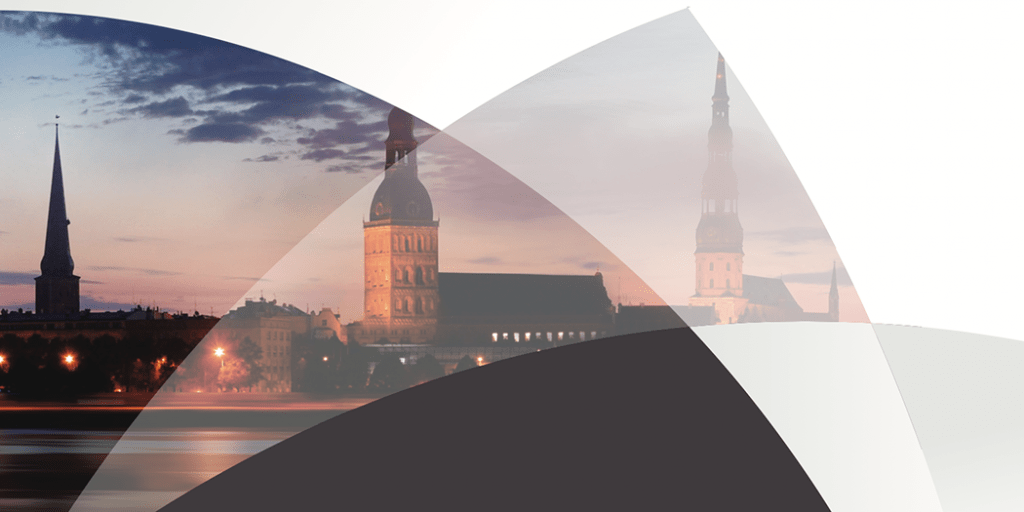
The Revisionist: Why The West Has A Russia Problem And What To Do About It
With Moscow’s tacit support, ethnic Russians in the Estonian city of Narva vote to declare autonomy and threaten to block rail lines, sparking fears of unrest. The Kremlin provides weapons and support to both sides in separatist conflicts in Georgia’s Abkhazia and South Ossetia regions, destabilizing its smaller neighbor. Russian officials and organized crime figures launder an estimated $10 billion through the Bank of New York, corroding the U.S. financial system.
What all of these episodes have in common is that they happened not under the authoritarian and revanchist regime of Vladimir Putin, but during the purportedly democratic rule of Boris Yeltsin. They all happened in the 1990s under a Kremlin that was considered democratic, at a time when Russia’s relations with the West were considered good, and when the United States and NATO allies viewed Moscow as a partner. They all represented harbingers and early warning signs for serious security challenges that plague the West to this day.
What this suggests is that the West does not just have a Putin problem – it has a Russia problem. It suggests that Moscow’s revisionist and revanchist foreign policy transcends one Russia president, administration, or type of Kremlin regime. And it suggests that the security challenge emanating from Moscow is long-term and systemic – and requires a long-term, coordinated, and systematic response.
The first step in forging such a response is recognizing that for the past three decades, all of our assumptions about Russia have been wrong. Since the early 1990s, we assumed that as Russia integrated with the global economy and joined international institutions, it would adopt and internalize the norms and values of the rules-based international order. We assumed that with the correct combination of incentives, carrots, and – if necessary – sticks, we would entice and nudge Russia into behaving like a status-quo power. We assumed that Russia wanted to be a status quo power. And we assumed that officials we considered to be Russian “reformers” could steer the country into the Western community of nations.
None of these assumptions, which have underpinned Western policy since the end of the Cold War, have turned out to be correct. Russia has proven to be incorrigibly revisionist. Russia’s increased integration with the West has not caused it to adopt Western norms and values. Instead, the opposite has happened – it has given Russia an opportunity to export antidemocratic and illiberal norms and values to the West. Our assumptions were flawed because we misunderstood and misread the nature of politics and power in Russia. We were fooled by the theater of Russian politics and missed its essence.
It is time to rethink our assumptions. And it is time to rethink our policy toward Russia. The security of the Transatlantic Alliance depends on it. Continue reading…







